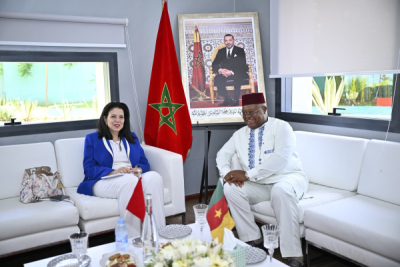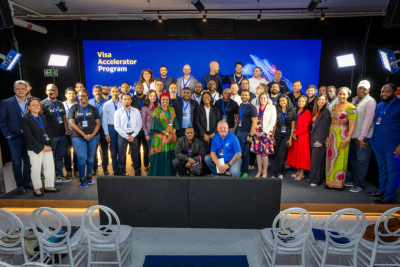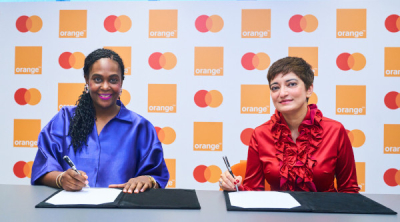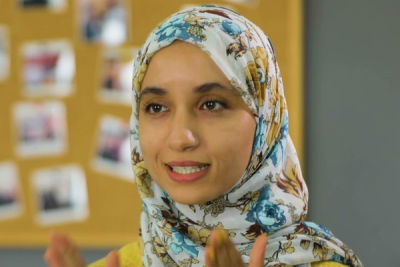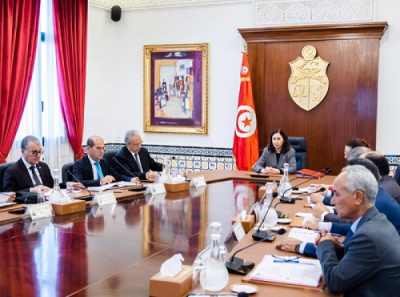In less than ten years, 5G has gone from being a technological privilege to a concrete reality in nearly 30 African countries. A significant advancement that confirms the continent’s foothold in the global digital economy, despite ongoing challenges.
5 G technology is rapidly advancing across Africa, driven by growing momentum throughout the continent. According to the African Telecommunications Union (ATU), 79 telecom operators in 41 African countries were investing in 5G in 2024. Among these, 35 operators had already launched commercial networks in 21 countries. In June 2021, the Global System for Mobile Communications Association (GSMA) reported seven active 5G commercial networks across five African markets. Vodacom Lesotho was the first operator to launch 5G on the continent in 2018.
In 2024, 5G technology accounted for 25% of mobile network coverage in urban areas, compared to 73% for 4G, as per the International Telecommunication Union. Regarding subscribers, 5G had over 26 million users out of approximately 600 million unique mobile subscribers in sub-Saharan Africa in 2024.
Including North Africa, particularly Tunisia and Egypt, where commercial 5G became available in February and June 2025, respectively, these figures would likely be higher for the entire continent. Agence Ecofin data from June 2025 shows 48 telecom operators had already launched 5G in 28 African countries.
|
Country |
Operator |
Launch Year |
|
Lesotho |
Vodacom |
2018 |
|
South Africa |
Rain |
2018 |
|
Libya |
Al-Madar |
2019 |
|
South Africa |
Vodacom |
2020 |
|
South Africa |
MTN |
2020 |
|
Seychelles |
Cable & Wireless |
2020 |
|
Togo |
Togocom |
2020 |
|
Madagascar |
Yas |
2020 |
|
Angola |
Unitel |
2022 |
|
South Africa |
Telkom |
2022 |
|
Kenya |
Safaricom |
2022 |
|
Zimbabwe |
Econet Wireless |
2022 |
|
Tanzania |
Vodacom |
2022 |
|
Nigeria |
MTN |
2022 |
|
Zambia |
MTN |
2022 |
|
Botswana |
Orange |
2022 |
|
Egypt |
Orange |
2022 |
|
Kenya |
Airtel |
2023 |
|
Ethiopia |
Ethio Telecom |
2023 |
|
Tanzania |
Airtel |
2023 |
|
Nigeria |
Mafab Com. |
2023 |
|
Nigeria |
Airtel |
2023 |
|
Zambia |
Airtel |
2023 |
|
Mozambique |
Vodacom |
2023 |
|
Gambia |
Qcell |
2023 |
|
Mauritius |
Emtel |
2023 |
|
Uganda |
MTN |
2023 |
|
Uganda |
Airtel |
2023 |
|
Lesotho |
Econet Wireless |
2024 |
|
Kenya |
Equitel |
2024 |
|
Zimbabwe |
NetOne |
2024 |
|
Gambia |
Africell |
2024 |
|
Somaliland |
Telesom |
2024 |
|
Senegal |
Sonatel |
2024 |
|
Somalia |
Hormuud Telecom |
2024 |
|
Mauritius |
Mauritius Telecom |
2024 |
|
Congo |
MTN |
2024 |
|
Benin |
MTN |
2025 |
|
Comoros |
Comores Telecom |
2025 |
|
Comoros |
Yas |
2025 |
|
Tunisia |
Orange |
2025 |
|
Tunisia |
Tunisie Telecom |
2025 |
|
Tunisia |
Ooredoo |
2025 |
|
Eswatini |
Eswatini Mobile |
2025 |
|
Rwanda |
MTN |
2025 |
|
Egypt |
Telecom Egypt |
2025 |
|
Egypt |
Vodafone |
2025 |
|
Egypt |
e& egypt |
2025 |
Source: Ecofin Agency
Given the high number of telecom operators interested in 5G, notably in Algeria, the Democratic Republic of Congo, Morocco, Côte d’Ivoire, and Cape Verde, new commercial rollouts are expected by the end of the year. However, many obstacles continue to hinder widespread 5G adoption across Africa.
Challenges and Opportunities
The primary barriers to 5G adoption in Africa remain in five key areas: mobile devices, services, infrastructure, spectrum, and policy or regulation. The ATU explains that the high cost of 5 G-compatible phones prevents mass adoption of 5G services. The ATU suggests that while 5G compatible phones are available from vendors starting at $150, many people in African countries cannot afford smartphones at current prices. Therefore, governmental, regulatory, and operator-level interventions will be necessary to make devices more affordable and foster an environment conducive to continued 4G growth and 5G adoption.
The underdeveloped nature of practical 5G use cases also slows the technology’s uptake in Africa. This includes both personal and industrial applications involving emerging technologies such as artificial intelligence, big data, and the Internet of Things, covering smart cities, smart ports, immersive remote learning, health monitoring systems, smart grids and surveillance, and automated production chains. Without concrete applications, the ATU notes that 5G is primarily used to improve internet speeds. The organization warns that if this trend continues, 5G may remain a luxury product reserved for businesses and affluent segments of society.
Furthermore, other challenges limiting the widespread rollout of 5G networks in Africa include the high cost of deploying telecom technology, the unavailability of essential 5G frequency spectrum, the lack of capacity and availability of fiber optic networks, insufficient incentives for inter-industry collaboration, and the absence of standards or guidelines on cross-border data exchange management. The African branch of the ITU emphasizes that appropriately addressing these issues will make 5G a growth lever for African economies.
By 2030, the GSMA estimates that 5G alone could contribute $10 billion to the regional economy, representing 6% of the mobile sector's total economic impact.
Muriel Edjo




